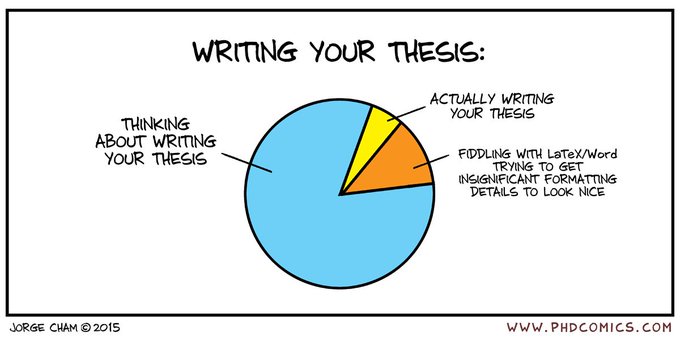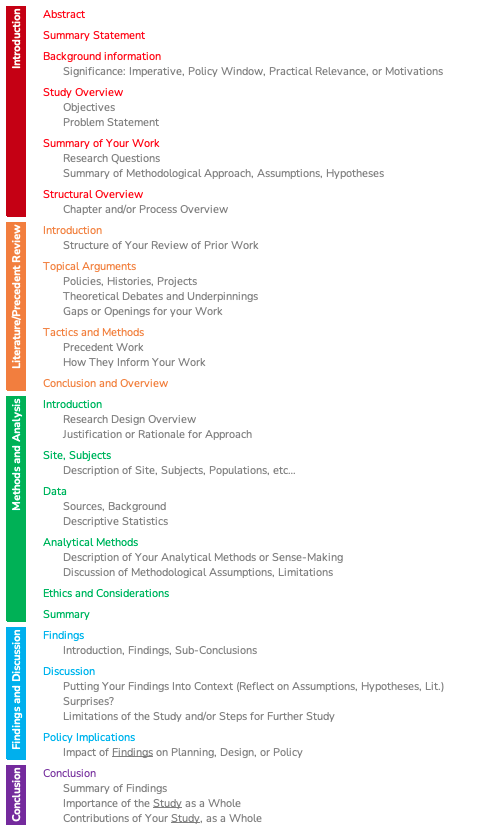Nothing on this page should be considered policy, official, or even, in some cases, logical.
I’m too cool for a ~traditional thesis~. What are my options?
- The program explicitly leaves ambiguity in the requirements to give you maximal options. I’ve enumerated a few ideas here that can jumpstart your thinking.
How do I come up with a question? Why do you keep saying “It’s too big of a question”?
- It’s a great privilege to spend time answering a question that you find interesting and making a positive dent in what we know or how we look at urbanism. To start, think about your initial motivations that inspired your thinking: what sparked your interest, and perhaps the question lies in that thinking. Don’t worry about bringing your voice or experiences into the shaping of this question!
However, you practically only have two to three months of fieldwork or data collection time, in addition to your other work and commitments. It is, therefore, imperative that you focus on one, answerable question. Yes, only one, and it must be answerable in the time you have.
This handout is good at helping you think about how you can “thread the needle,” and I recommend you think about these questions if you find yourself stuck. Specifically, think about how you can focus on these three aspects:
SPECIFIC – What exactly do you want to accomplish?
MEASURABLE – How will you measure success?
REALISTIC – Is it possible to achieve?
Help! I don’t know how to structure my writing!
- In our readings, there’s a paper that itself describes how to write a paper! However, I think some permutation of the following is a useful guide, as it touches upon the various aspects you should discuss in some way, shape, or form. However, this is not a checklist, but a guide to help you think about the structure of your narrative. The most important aspect is helping someone find the information to replicate your work, learn from your approach, take key findings for action, or call your BS. In the end, remember that we still read your work front-to-back, top-to-bottom, left-to-right.
I’m thinking about further study, or worse, a Ph.D.! 🤯
- This thesis is the culmination of your professionally-oriented studies at GSAPP, but it may also set up an opportunity to dip your toes into academic research. You may choose to use this task as a chance to explore a small aspect of your larger research interests and allow yourself the chance to engage in debates and explore readings/precedents in your topics of interest. You may also choose to socialize your work by submitting your work to conferences or publishing parts of your thesis.
How do I pick a reader? How should I engage with them?
- At a minimum, the reader is an external validator of your work and gives feedback on potential improvements. GSAPP has minimal requirements for this individual, as outlined in the reader form.
However, in choosing a reader, you should find a topically knowledgeable person about your project. Their expertise could come in the form of methods, a practitioner’s viewpoint, or someone who has looked at this problem from a different disciplinary viewpoint. They can give you feedback before you arrive at your final document. Such arrangements should be negotiated with them, but getting an external voice or expert who can push your project forward is a great opportunity. The best readers are the ones who can push and challenge you, while also being a resource.
This is hard!
- Yes, yes it is… Don’t laugh at this. It’s not funny… Okay, it is… It’s not how things should go… But it’s 100% true. Please break the cycle. <3


